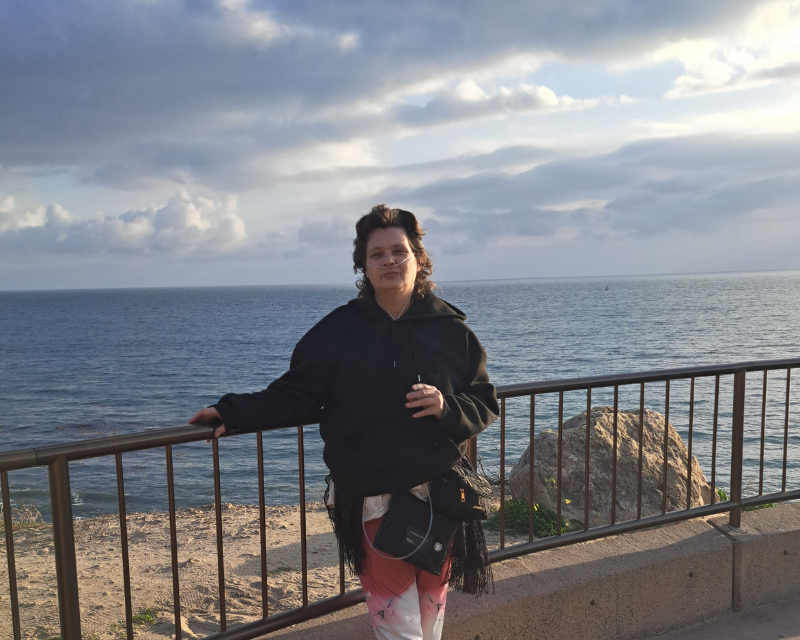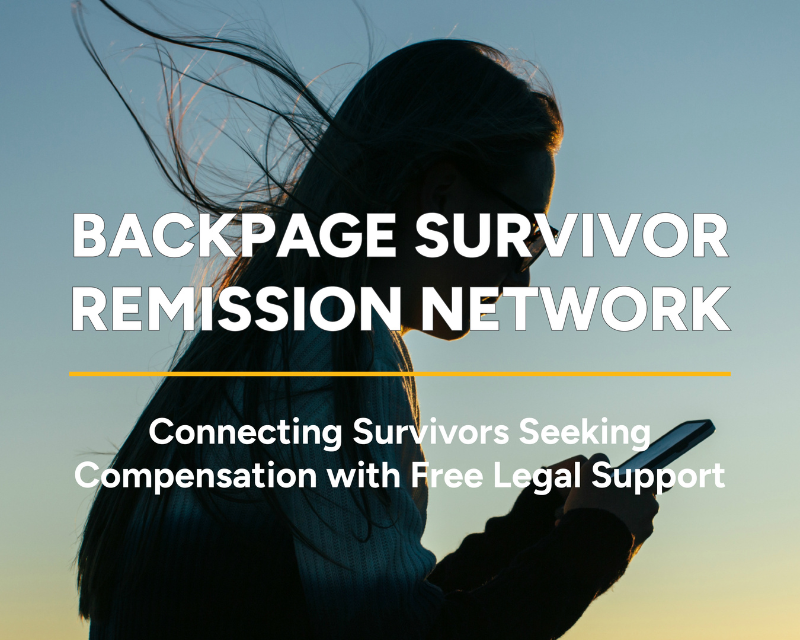
When you hear the words “sex trafficking,” what comes to mind?
For many people, it’s visions of girls and young women being forced into sex slavery in Southeast Asia or Eastern Europe. Places far away from our backyards, schools, and offices, happening to people who are very different from us.
But this idea that sex trafficking is only happening “over there” is false. In reality, sex trafficking happens right here in the United States. And it’s not just happening to foreign nationals, but to U.S. citizens—in all 50 states.
Everyday, the National Human Trafficking Resource Center (NHTRC)* hotline receives calls from female, male, adult, and minor U.S. citizens who are victims of sex trafficking. And, over the years, our Client Services department has provided long-term services to many victims and survivors. Each person had his or her own story to tell, and we listened.
Last May, we published an issue brief that highlights their experiences. Sex Trafficking in the U.S.: A Closer Look at U.S. Citizen Victims provides insights into the realities of sex trafficking in the U.S.
A Closer Look is not a scientific study or representative of the whole. Rather, these are the stories told to us by the victims and survivors themselves. People sometimes call sex trafficking victims “voiceless,” but that just isn’t true. They have voices, but they’ve been silenced by their traffickers. We heard their voices when they called the hotline and sought help, and we’re bringing their stories to a larger audience so that others can be helped, too.
No one can tell their stories better than they can.
What did we learn?
Victims are not so different from you or me
Their experiences and circumstances are ones that many people can relate too.
There are people who are experiencing financial troubles, and need to make money quickly. Others are involved in abusive relationships with family members or partners, enduring domestic or intimate partner violence. Some are mothers, who only want to provide for and protect their children.
If we look at how these victims were recruited into sex trafficking in the first place, we can start to see how their lives are more similar to our own than you might think:
-
31% of survivors were recruited through a marriage proposal or romantic situation.
-
Nearly 10% of survivors were recruited by family members.
-
Nearly 10% of survivors were recruited through a job advertisement or offer.
Looking for a job, doing a favor for a family member, and wanting to please a boyfriend or girlfriend. These are things we can all empathize with. The difference for these survivors, is that they were exploited by traffickers who were capitalizing on vulnerabilities that are shared by many people in this country.
It’s happening in places where you go
Sure, it also happens in strip clubs and residential brothels, but it’s happening in a lot of other places, too. You may have even seen it without realizing it.
Have you been to a hotel or motel in the last year? A spa? Stopped at a truck stop during a road trip?
-
35% of survivors reported hotels and motels as the primary venue where sex trafficking acts occurred.
-
4% of survivors reported strip clubs as the primary venue where sex trafficking acts occurred.
In reality, sex trafficking occurs in many different types of places, and some of them are visible to the public. It continues to go underreported because much of the public do not know the red flags to look for, and many victims do not seek help because they are still being controlled by their trafficker.
There is no one type of victim or trafficker
Perhaps the most important lesson we learned comes from how different the stories are. There isn’t one stereotype that fits all sex trafficking victims. The stories are fluid and dynamic. Their range tells us that if we want to be successful in combating sex trafficking, we must attack the problem from many different angles.
There is, however, one common thread that unites each victim – vulnerability. From living in poverty to experiencing prior sexual abuse, each survivor had a particular vulnerability that their traffickers exploited for profit.
Our hope is that by elevating the voices of survivors and getting a better picture of their experiences we can gain a fuller understanding of the many different ways traffickers operate, and how we can offer the best and most comprehensive services to help victims and survivors rebuild their lives.
If you want to learn more or read the full issue brief, you can check it out here.
*The NHTRC is now the U.S. National Human Trafficking Hotline.


